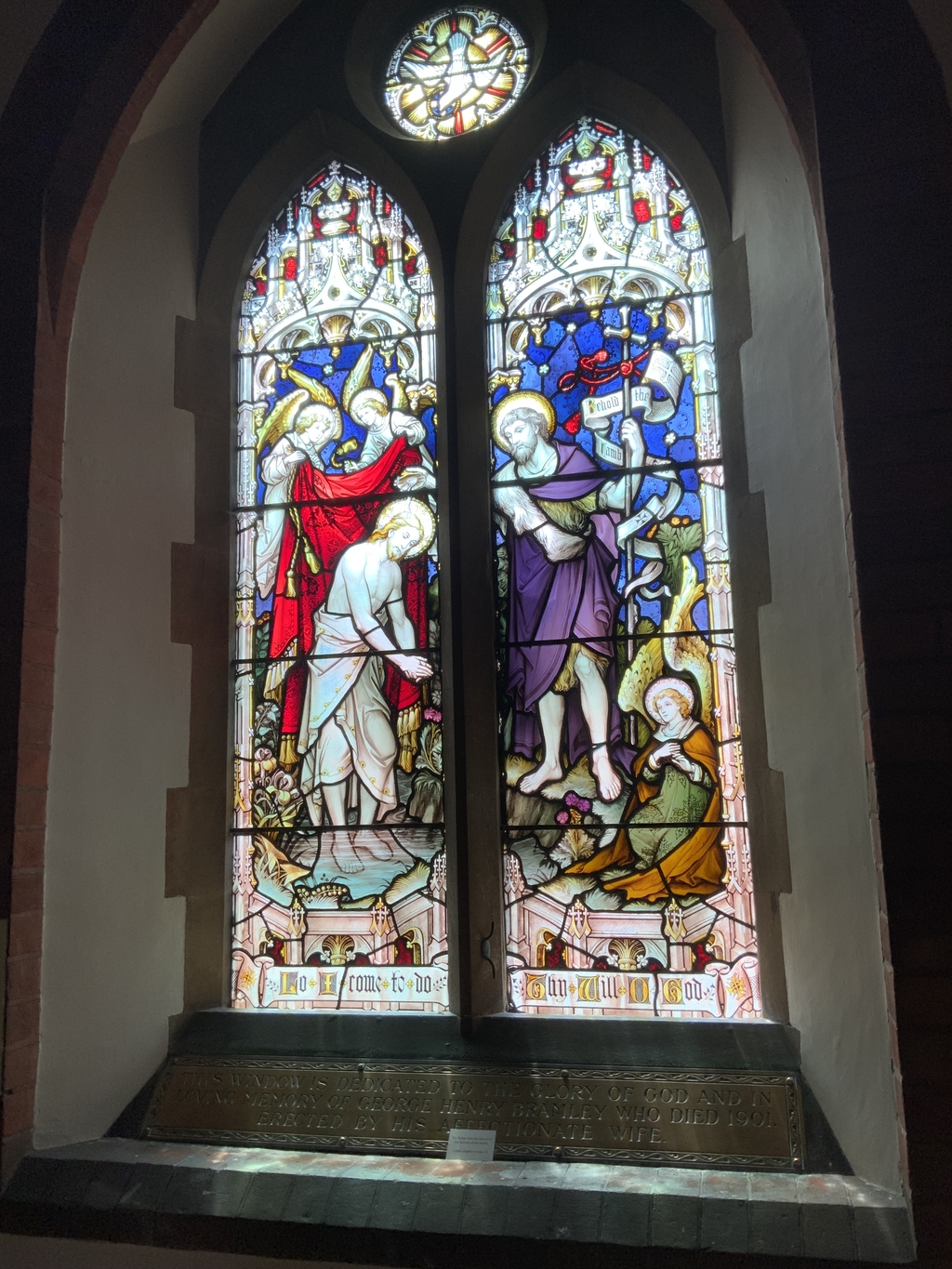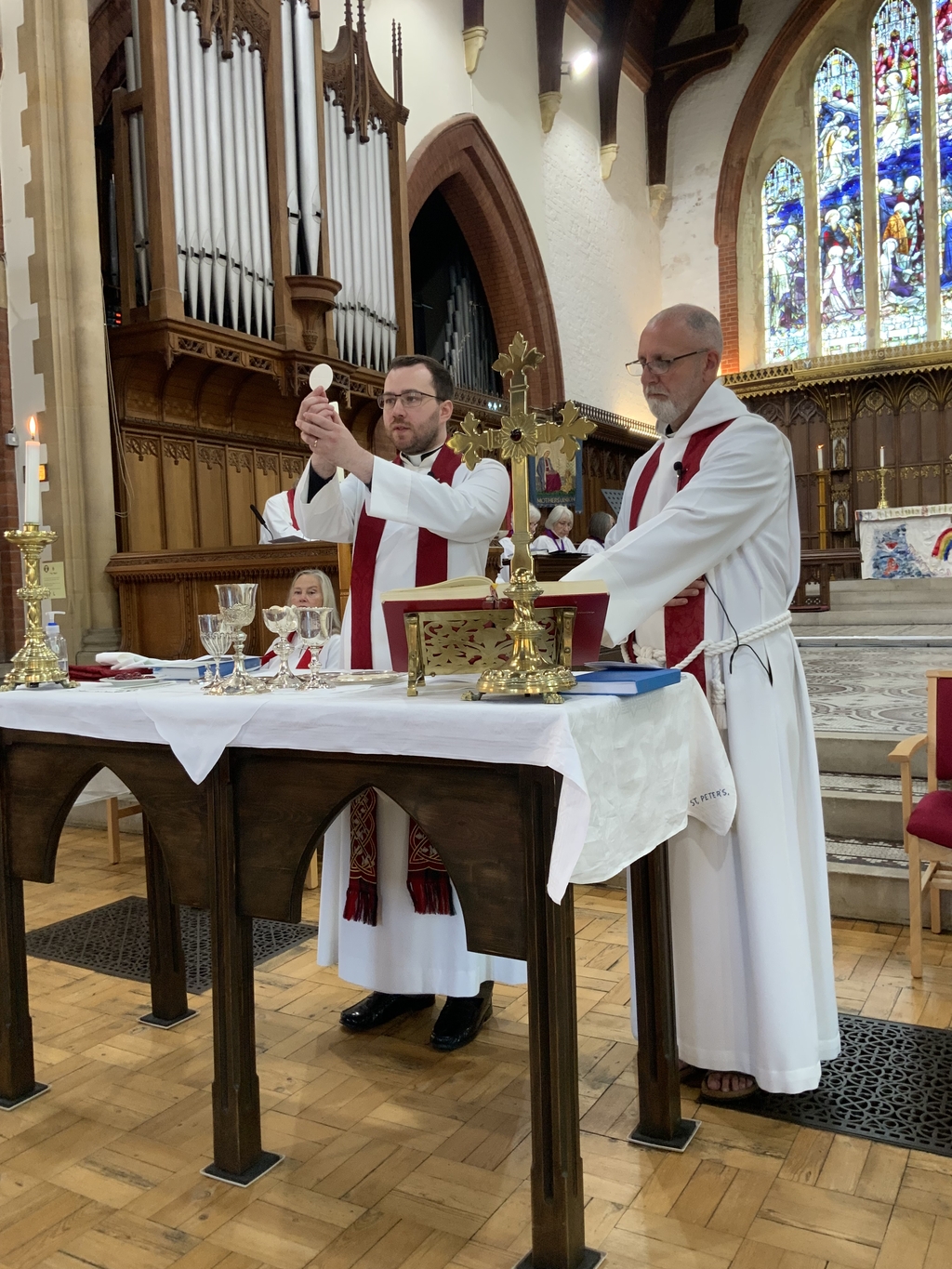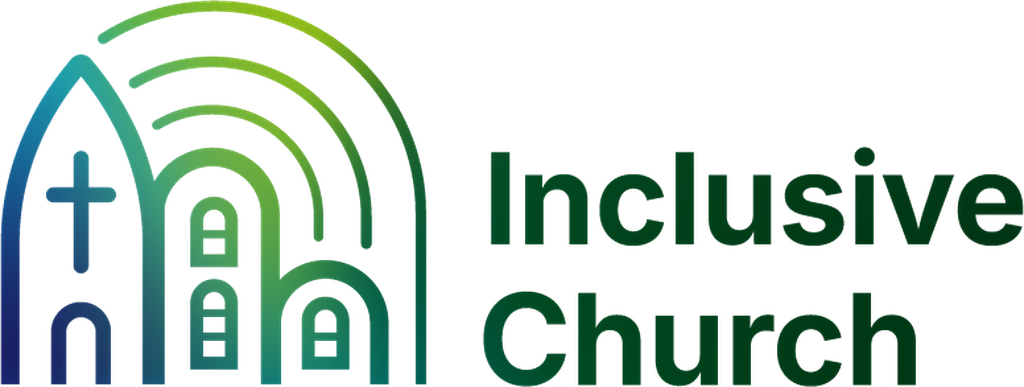This weekend is always a busy one in the church. The tradition of ordaining Priests and Deacons on the feast of St Peter and St Paul means as well that there are big services at cathedrals all around the world, to ordain new ministers in the church. We also have lots of services like this one when we give thanks for landmarks and anniversaries.
Iain is being ordained Deacon this weekend and we give thanks for his calling. We wish him well for the ministry that stands before him, beginning with a curacy in this place. And as Iain sets out on his first days of ordained ministry, we give thanks today for a ministry which is somewhat more mature…
Andrew was ordained a mere fifty years ago!
We give thanks for his long and varied ministry, and for his continuing work here in Sheringham. And here in particular, this weekend is all the more significant because of the dedication of this church.
In my group of 9 parishes, I have one dedicated to St Peter and a further 2 dedicated to St Peter and St Paul, so if I weren’t on sabbatical at the moment, this would not be a weekend for me to be away, with patronal festivals to be observed in Oulton, Heydon and Haveringland.
And St Peter isn’t only a popular dedication here in Norfolk. In England, there are well over 1300 churches dedicated to St Peter… that makes him the third most popular dedication for English churches, after All Saints in 2nd place and St Mary in pole position.
So Peter is one of the most well known saints. We can also infer that he’s one of the best loved saints. And I think his popularity is down to one big factor…
Peter is relatable. He’s not highly educated, he’s a manual worker - a fisherman.
He’s not wealthy; he doesn’t have status in society.
In fact, you could argue that Peter is a nobody!
In his world, a world of Roman occupation with it’s military structures and strict hierarchy,
Peter is virtually non-existent. In the Jewish world with it’s strictly ordered temple culture,
and inherited status, Peter has no status and little credibility.
But the fact that Peter is a ‘nobody’ is really quite important. His selection by Jesus to be the rock on which the church would be built, the keeper of the keys of heaven, is absolutely counter-cultural!
Peter’s selection by Jesus shows us that ministry in God’s kingdom is not like the Roman world or the temple tradition. Nor is it like 21st century British culture.
In God’s kingdom, we can all have a call to be ministers, regardless of our station or lineage, regardless of our wealth or experience. Anyone might be called to a particular role
within that Kingdom. We see evidence of this each year at this time, as the diocese gives us biographies of the new deacons and priests. We see that some of them are young and fresh out of college, whereas others might have had a career already, and those careers and their experiences will vary widely.
My point is, all those who are called to ordained ministry are just regular people from regular and diverse backgrounds. Without wishing to be rude, we’re all ’nobodies’ like Peter. There isn’t a single ‘type’ for ministry in the way some might think.
In our gospel reading, we see a pattern that will be familiar to all who have witnessed an ordination service. First, Jesus asks his disciples, “Who do people say the son of man is?”
Then he goes on “Who do you say that I am?” And Simon (at this stage he’s still Simon) is the first to answer “You are the Messiah, the son of the living God.”
Peter makes his proclamation that Jesus, his friend, his mentor, his teacher, is also the Messiah, a figure who has been long awaited by the people of Israel. This is a big deal!
To claim Jesus as the Messiah! It was outrageous then and it’s still regarded as outrageous by many today!
In an ordination, the candidates have to confess the faith which has brought them to this point. Essentially they are asked, “What is it that you feel called to proclaim?”
And the answer for them (amongst lots of other detail!) is the same as it was for Simon:
“I believe that Jesus Christ is the Messiah, the son of the living God.”
And then Jesus brings about a change in Simon, and this change is signified with a change in name. In the biblical record, there are several examples of this…
Abram becomes Abraham, Saul becomes Paul, and here, Simon becomes Peter.
The change in name represents a real change in the person, just as in ordination
there is a fundamental change. With the laying on of hands by a Bishop, a candidate changes… they become a Deacon or a Priest.
The dog collar is worn. A new title is used. And life changes for ever!
And the final parallel with ordination is that Jesus commissions Simon Peter, and he gives him authority. He tells him that he is to be the foundation of the church and that the things he says and does will be honoured and upheld.
Even Peter, this simple fisherman who’s prone to mistakes and ill-considered outbursts.
Authority and responsibility are given to him, even though he’s not perfect!
And it’s precisely the same in ordination. Our clergy are given authority to administer the precious sacraments, to hear confessions and to absolve sins. And they are given the HUGE responsibility of being part of the building of the Church in this time and place.
So St Peter gives us a basic template for what it is to be commissioned and ordained
as a minister in God’s church. But I’m afraid those of you who aren’t Bishops, Priests or Deacons don’t get off that easily! This passage about Simon Peter and Jesus should also be stirring and motivating for all of us.
Let me ask you what Jesus asks…
Who do others say Jesus is?
A nice guy, a prophet, a leader of a positive social movement…
Someone we should emulate, a moral leader…
These are all the things you might hear today.
But then, who do you say Jesus is?
If your answer is the same as Simon’s, that Jesus is the Messiah, the son of the living God, then I’m afraid we can’t leave it there!
If that’s what you truly believe, then, even if you’re not keen on the idea of becoming a vicar, something has to change! You have to respond to that fact with changes in your life,
changes in your priorities.
Yes, living a life which honours and respects others. Being a good human being is important, but there’s more! If we believe Jesus to be the Messiah, the son of the living God, then we must engage with the life of his church… the same church of which St Peter was the foundation. We must come often to worship with others, we must commit to reading the scriptures more, we must commit to praying more, we must commit to giving more of ourselves - our time and our money to the furtherance of God’s kingdom, and we must seek to transform society to make it a fairer place for all.
If you truly believe Jesus to be the Messiah, then even if you’re not going to be ordained,
there will be a change in you.
And today, as we celebrate St Peter, the “nobody” who would become the first leader of the Church, I pray that each of us might commit to the next stage of our journey as Christian people: whether that’s stepping out into a new ordained ministry, giving thanks for fifty years of ordained ministry, or simply working out what we do next in response to our own faith in Jesus, the Messiah.
Let’s use the example of St Peter, this normal man, with more than his share of human imperfection to show us that each of us has an important role to play in the ministry of God’s Church, no matter who we are, or where we’re from!
On this Feast of St Peter, let’s follow Peter’s example, and commit ourselves to the task
of prayerfully considering what that role might be within the life of the church: how we are being called to continue to build the kingdom.
Amen.
The Revd Andrew Whitehead













